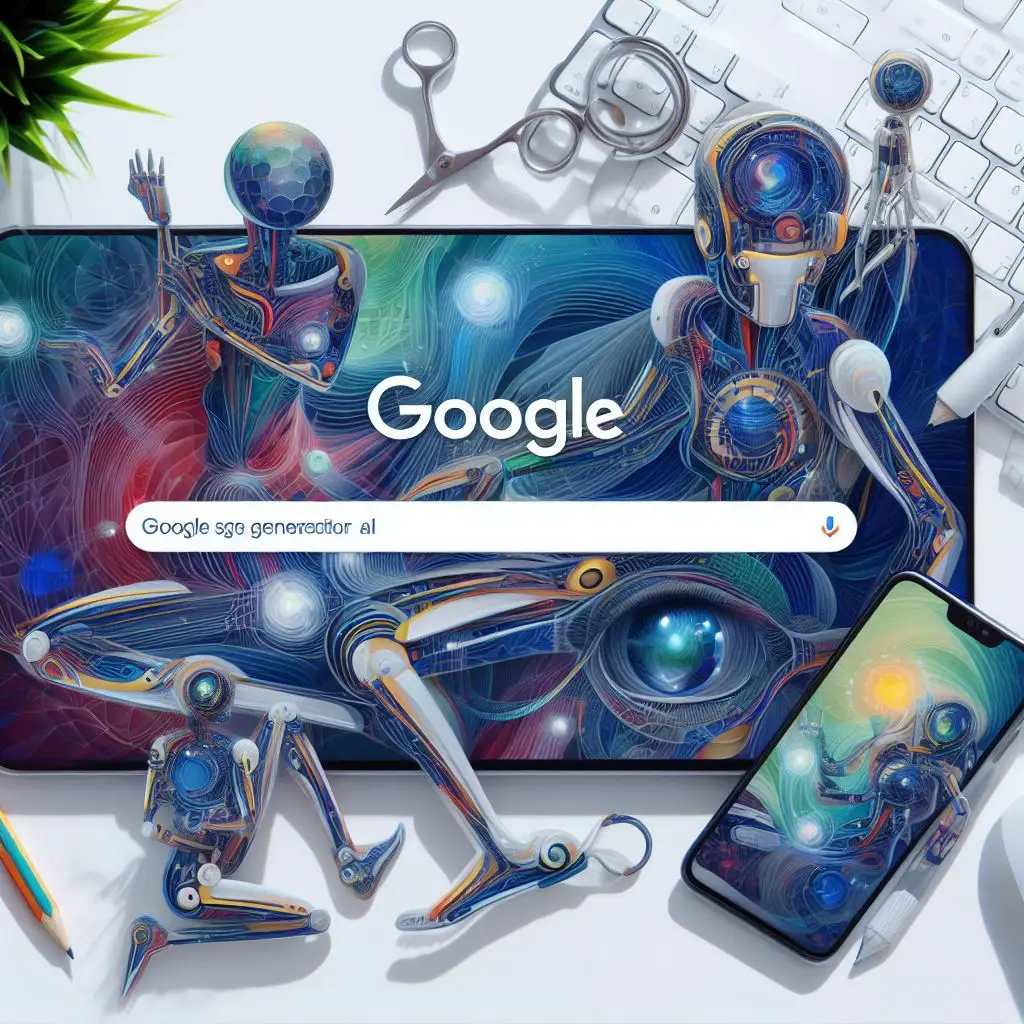In a significant development for the ongoing debate over artificial intelligence and copyright law, a class action lawsuit filed by a group of artists against major AI developers can proceed, albeit partially. The case, which targets Stability AI, Runway, and DeviantArt, alleges that these companies unlawfully trained their generative AI models on copyrighted artworks without the artists’ consent. On Monday, the presiding judge issued a mixed ruling, dismissing some of the claims but allowing others to move forward. This decision could lead to a trial, which would have serious implications for the companies involved and the broader AI industry.
The Allegations
The artists behind the lawsuit argue that Stability AI, Runway, and DeviantArt used their copyrighted works to train AI models without permission, thereby violating their intellectual property rights. Generative AI models like those created by the defendants are designed to produce new content by learning from large datasets, which often include copyrighted material. The plaintiffs claim that the use of their artworks in this manner constitutes infringement, as their original works were used without authorization to create new, AI-generated content that may compete with their own creations.
The Judge's Ruling
The judge’s ruling on Monday was a mixed one. While some of the claims brought forward by the plaintiffs were dismissed, others were deemed substantial enough to proceed to the next stage of the legal process. This means that the lawsuit could eventually go to trial, where the plaintiffs will have the opportunity to present their case in full.
For the AI companies involved, this is a concerning outcome. Even if they ultimately prevail in court, the process of defending themselves will be costly and time-consuming. Additionally, the trial could bring to light sensitive details about how these companies develop their AI models, potentially exposing their methods and data practices to public scrutiny.
Broader Implications
This lawsuit is just one of many legal challenges facing companies that develop generative AI technologies. As AI continues to advance and become more integrated into various industries, the question of how these models are trained—and whether this process infringes on the rights of artists and other content creators—has become increasingly contentious.
Many artists, musicians, and writers have expressed concerns that their work is being used without their consent to train AI models that could ultimately replace them. The outcome of this lawsuit could set a precedent for how similar cases are handled in the future, potentially leading to stricter regulations on how AI models are trained and used.
Conclusion
The decision to allow the artists' lawsuit against Stability AI, Runway, and DeviantArt to proceed marks a crucial moment in the ongoing battle over copyright and AI. As the case moves forward, it will not only affect the companies involved but also shape the future of how AI technologies interact with intellectual property law. Whether the plaintiffs win or lose, the lawsuit underscores the growing tensions between creators and the tech industry in an era where AI is rapidly transforming the creative landscape.









Add a Comment: